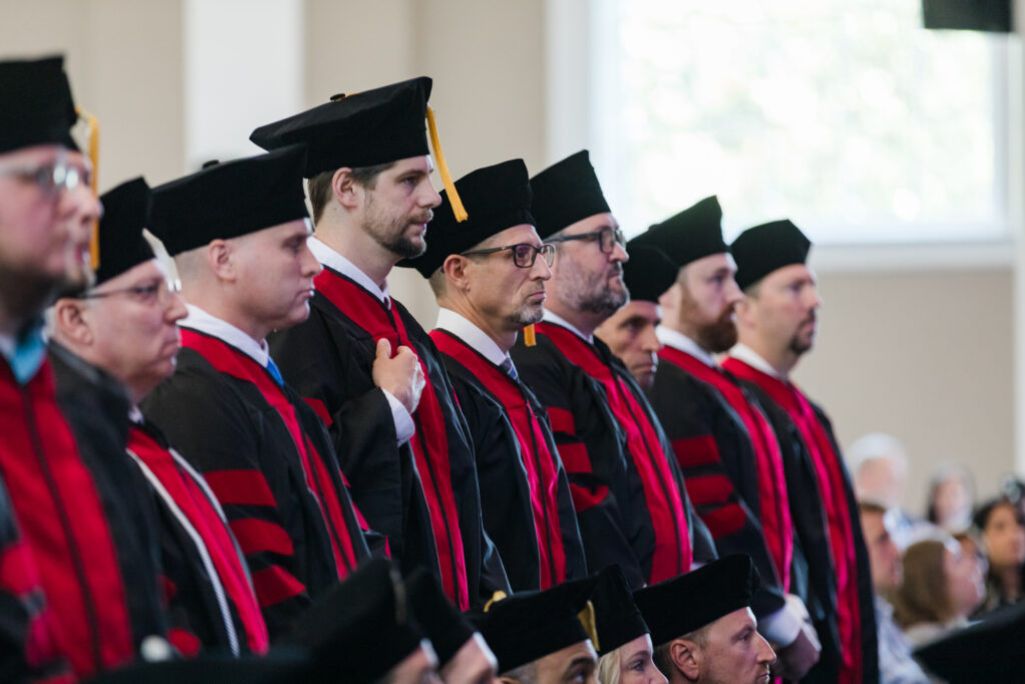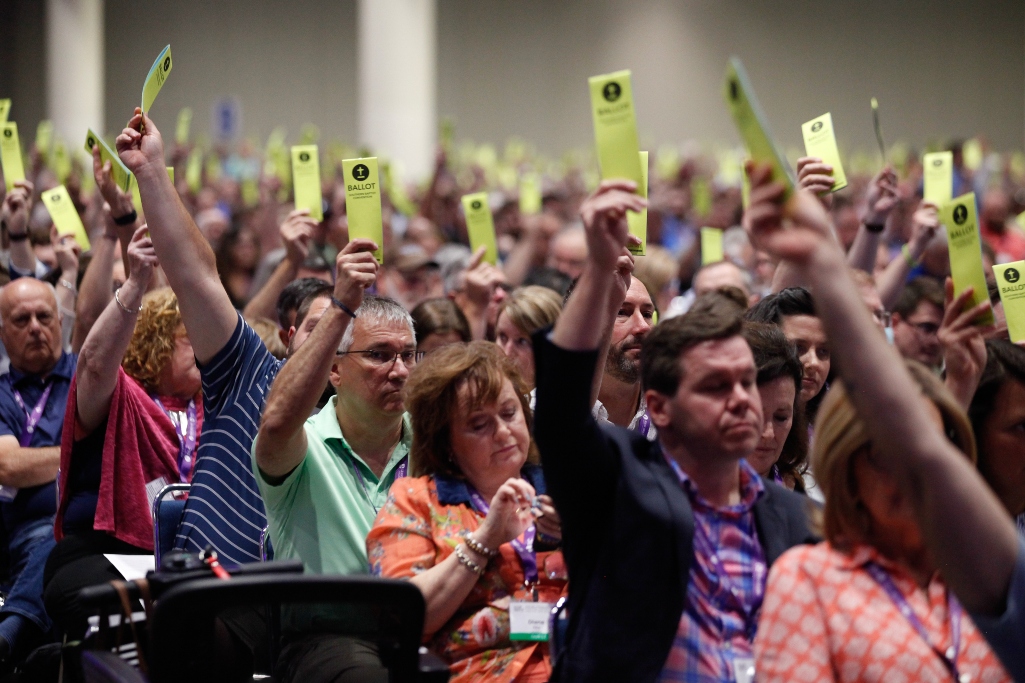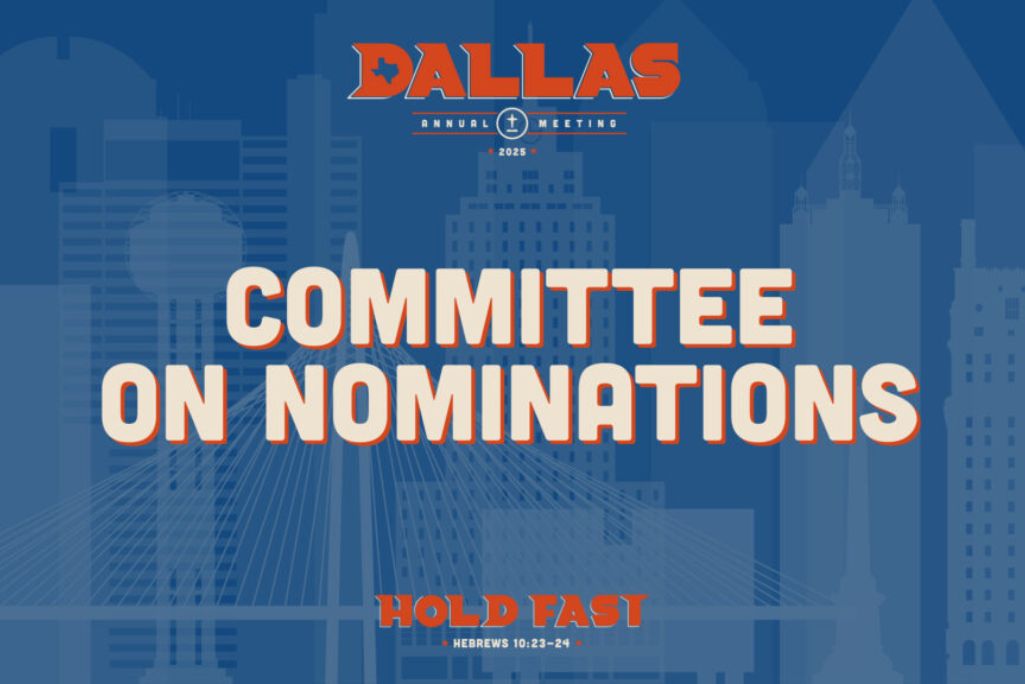
NASHVILLE (BP) — Like missions, theological education was on the hearts and minds of Southern Baptists from before the convention’s founding in 1845.
Baptist colleges that sprang up across the South in the early 1800s provided studies in theological subjects, proof of Baptists’ commitment in the South. But the mid-century split with northern Baptists meant the young convention would no longer use northern seminaries to train its pastors. Southern Baptists were forced to realize they had no institution of their own dedicated to theological education.
That would soon change.
In 1859, one year before civil war split the nation, Southern Baptist Theological Seminary (SBTS) was founded in Greenville, S.C. By the turn of the 20th century, Southwestern Baptist Theological Seminary (SWBTS) in Fort Worth (1908) and New Orleans Baptist Theological Seminary (NOBTS), founded in 1917 as the Baptist Bible Institute, joined SBTS in offering theological education and missionary training.
Yet time and again, each school faced life-threatening national economic crises, financial strain from growth, the storms of war and competition with other Southern Baptist Convention (SBC) agencies for funding.
With the establishment of the Cooperative Program (CP) in 1925, stability became possible. Today, the fund’s unique structure continues to set SBC seminary education apart.
Albert Mohler, SBTS president, noted this in his president’s letter included in the 2023 Southern Baptist Convention Annual.
“I am often asked by leaders of seminaries outside the Southern Baptist Convention to explain the strength of our institution,” Mohler wrote. “I am pleased to point them to the faithfulness of Southern Baptist churches, channeled through the Cooperative Program.”
Today, the CP-supported seminaries together train more than 24,000 students each year as pastors, missionaries and church leaders to serve the church and take the gospel to all points of the globe.
While the CP provided a much-needed economic anchor to the seminaries, rough waters in its earliest days continued to test Southern Baptists’ commitment to theological education.
Disaster loomed before CP
From Southern Seminary’s founding, James P. Boyce, treasurer and chairman of his small faculty, worked tirelessly raising money across the nation and drawing from his own personal fortune to make the seminary a reality.
“Boyce was a man whom a dream had possessed, and he labored without ceasing and with utter abandon at the task of making his dream come to full fruition,” wrote Southern Baptist historian William Mueller in 1959.
Boyce and other faculty members, including John Broadus, traveled far and wide, even securing a gift once from oil tycoon John D. Rockefeller.
Prior to CP, competition with other agencies proved problematic as “agents” secured by the different SBC boards traveled from church to church soliciting funds. Southern Baptist historian Leon McBeth described the agents’ work as “disruptive and often demoralizing to pastor and people alike.”
As the 20th century dawned, the challenge to fund Southern Baptist theological education continued.
At SWBTS, students and faculty slept on the floor of the unfinished Fort Worth Hall as founding president B. H. Carroll, followed by L. R. Scarborough, the second president, struggled to secure funds for completion.
Discouraged, Scarborough confided to his wife that the school faced unpaid bills and credit that was stretched beyond its limit. After praying together on their knees, Mrs. Scarborough told her husband that God had answered. Three days later, the bank granted the school a life-saving loan.
Help came in 1925 as the Cooperative Program provided allocations for each seminary. The help came as the Great Depression set in, bringing with it new and deeper financial worries.
In New Orleans, faculty and students shared all food in common in order to stay open.
By the early 1930s, Scarborough stood in defeat before the SBC Executive Committee in Nashville and tendered his resignation, admitting that the faculty had not been paid and the school faced insurmountable debt.
Respite came for Southwestern when John Sampey, then-president of Southern Seminary, volunteered funds from his school’s CP allotment in order to keep Southwestern’s doors open. It was a signal to all that each seminary was vital to the Great Commission directive.
A world impact
As economic stability returned to the nation, three new seminaries were added, each to a specific region of the nation: Gateway Seminary (formerly Golden Gate Seminary, 1944); Southeastern Baptist Theological Seminary (SEBTS) (1950); and Midwestern Baptist Theological Seminary (MBTS) (1957).
Each were founded to serve a specific region and culture of the nation.
Today, each seminary offers programs and initiatives in evangelism, mission engagement and mentorships to prepare students to serve at home and abroad.
These programs include Southeastern’s Global Theological Initiative that presents seminary education in Farsi; Gateway’s language program that includes classes in Burmese, Mongolian and Vietnamese; Midwestern’s Fusion program, linking students to International Mission Board (IMB) missionaries; NOBTS’ Caskey Center that mobilizes students for evangelism, resulting in more than 75,000 gospel conversations; Southern Seminary’s Hispanic program, bringing education to countries as far away as Chile, Cuba and the Dominican Republic; and Southwestern’s auxiliary website “Equip the Called,” making a storehouse of resources, articles and preaching helps available to serve those in the pulpit.
The importance of the Cooperative Program to the seminaries is emphasized frequently by the schools and their leaders.
David Dockery, in the book “The Great Commission Resurgence: Fulfilling God’s Mandate in Our Time,” underscored the important spirit of cooperation that makes Southern Baptist work effective.
“One cannot understand who Southern Baptists are apart from the distinctive idea of voluntary cooperation,” Dockery wrote. “It is in light of this historical reality that Southern Baptists, with God’s help and guidance, will be able to work together in carrying forth the task of making disciples of the nations through the cooperative and collaborative efforts of the Great Commission partners.”
Adam Groza, Gateway Seminary president, noted the impact of Cooperative Program giving while addressing the 2024 SBC annual meeting in Indianapolis.
“The marching orders of Jesus have not changed, and the task is not done,” Groza said. “Thank you for being our partners in the gospel. Thank you for supporting us as we fulfill our mission of shaping leaders to expand God’s kingdom around the world.”
(EDITOR’S NOTE — Southern Baptists are celebrating the 100th anniversary of the Cooperative Program throughout 2025.)


